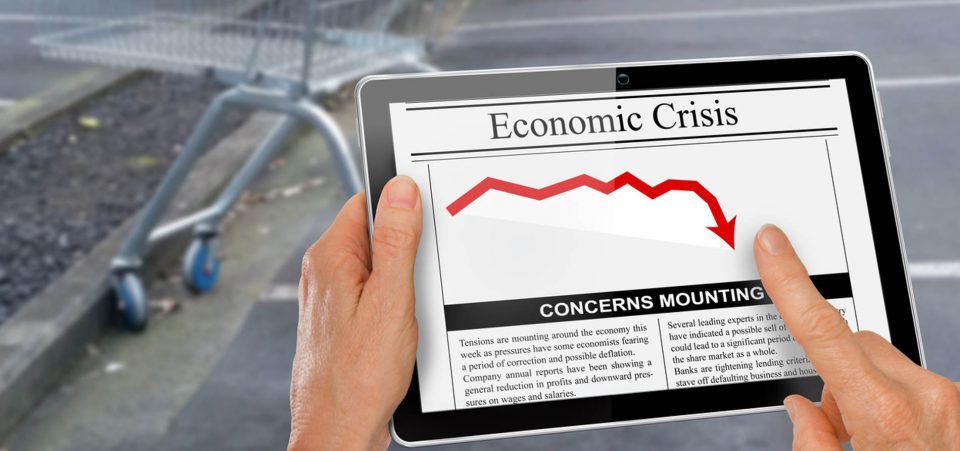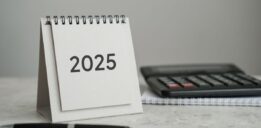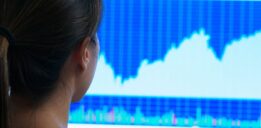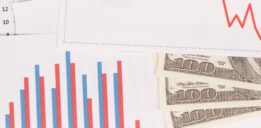Amid These Risks, a Stock Market Crash Leads to Economic Collapse
Perhaps it’s time to ponder the likelihood of a stock market crash and economic collapse in the United States. Wall Street closed sharply lower on Tuesday after a tense long weekend. There are plenty of issues to ponder, from renewed tensions around North Korea, to uncertainties about economic reforms in Washington, to flooding in southern Texas from tropical storm Howard.
Investors will have much to absorb over the last few months of 2017—and into 2018. If you have stocks, the list of risks to consider might be too dense to make any reasonable decision. Frankly, if ever there was a time in recent months to think about switching to gold, this is it. The next few weeks will be especially fragile.
Few companies of note are expected to report earnings. Thus, investors will feel like swimmers in the middle of a long-distance race without their support boat—and with potential sharks everywhere. Without indicators or results from major companies, investors will have only the sharks as a reference.
Also Read: 5 Signs of a U.S. Economic Collapse in 2017
I’m not exaggerating; the risks that the market will be facing in the next few weeks are the kind that cause economic collapse, recessions, and even depressions. The biggest sharks, the great whites, if you will, have taken the form of geopolitics. The largest of these risks, evidently, are associated with military tensions around North Korea.
The media has been downplaying the crisis. Yet, even while still in its infancy, this crisis could get really bad, really quickly. This is a game of nuclear chicken not unlike the Cuban Missile Crisis. That crisis was only 13 days long, between October 16 and 28, 1962. It also involved two protagonists of a saner overall disposition than the present cast of players. Say what you want about Fidel Castro, but Soviet then-leader Nikita Khrushchev played a mean game of chess, and JFK was a World War II veteran—decorated at that.
North Korean dictator Kim Jong-un has authorized six nuclear tests in a matter of a few weeks. Washington has called on the United Nations to take the strongest possible measures to sanction North Korea. Russian President Vladimir Putin has strongly warned against “military hysteria,” but his warning betrays real fear. Neither Russia (which borders North Korea) nor China are interested in the fallout—from nuclear radiation and from humanitarian concerns—of a first strike against Pyongyang.
This means that there will be efforts to promote talks to stall Washington’s reaction, but the “great Leader” Kim Jong-un appears to be in a terrible rush. He wants to test the limits of Trump’s patience. The next nuclear test might well provoke a direct reaction from the U.S. military. After that, all bets are off.
Given this scenario, the chance that the markets have opened in a minor key this September because of regular market forces is unlikely. There was pressure on investors to be sure. Many just finished enjoying the last week of summer holidays and a long weekend. But the shock waves from the nuclear explosion test that had Kim Jong-un and his band of generals grinning will not cause any smiles on Wall Street. Stocks risk not finding buyers.
Consider also that the intensifying geopolitical tensions come at time of inadequate inflation. Economic growth has been uneven. Unemployment remains a problem. Investors will become more risk-averse in the next few weeks in an uncertain climate. The Federal Reserve and all of Trump’s officials won’t be able to avert economic collapse after the next stock market crash.






